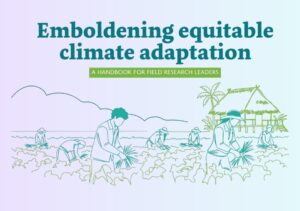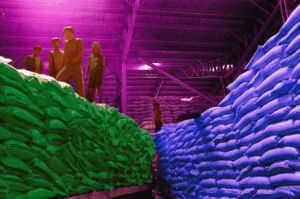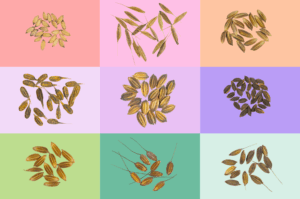Bangladesh is one of the most vulnerable countries to climate change. With more intense heat waves occurring, groundwater table declining and water scarcity increasing, more sustainable rice-based agri-food systems practices are needed to conserve much-needed natural resources.
Climate-smart agricultural practices like alternate wetting and drying (AWD) to save irrigation water, mitigate climate change effects, ensure sustainable rice farming, and maintain food and nutrition security for farmers.
IRRI, Tufts University, and the Barind Multipurpose Development Authority completed a joint knowledge-sharing workshop to understand the status, challenges, and opportunities of using prepaid irrigation cards to improve water use efficiency in rice production in the Barind areas and discuss policy opportunities and implications that factor in the wider promotion AWD irrigation technology in the country.
Read the story @IRRI
http://18.140.71.104/farmers-participatory-evaluation-of-alternate-wetting-and-drying-irrigation-method-on-greenhouse-gas-emission-water-productivity-and-paddy-yield-in-bangladesh/
http://18.140.71.104/effects-of-irrigation-regimes-and-rice-varieties-on-methane-emissions-and-yield-of-dry-season-rice-in-bangladesh/
http://18.140.71.104/mitigating-greenhouse-gas-emissions-from-irrigated-rice-cultivation-through-improved-fertilizer-and-water-management/










